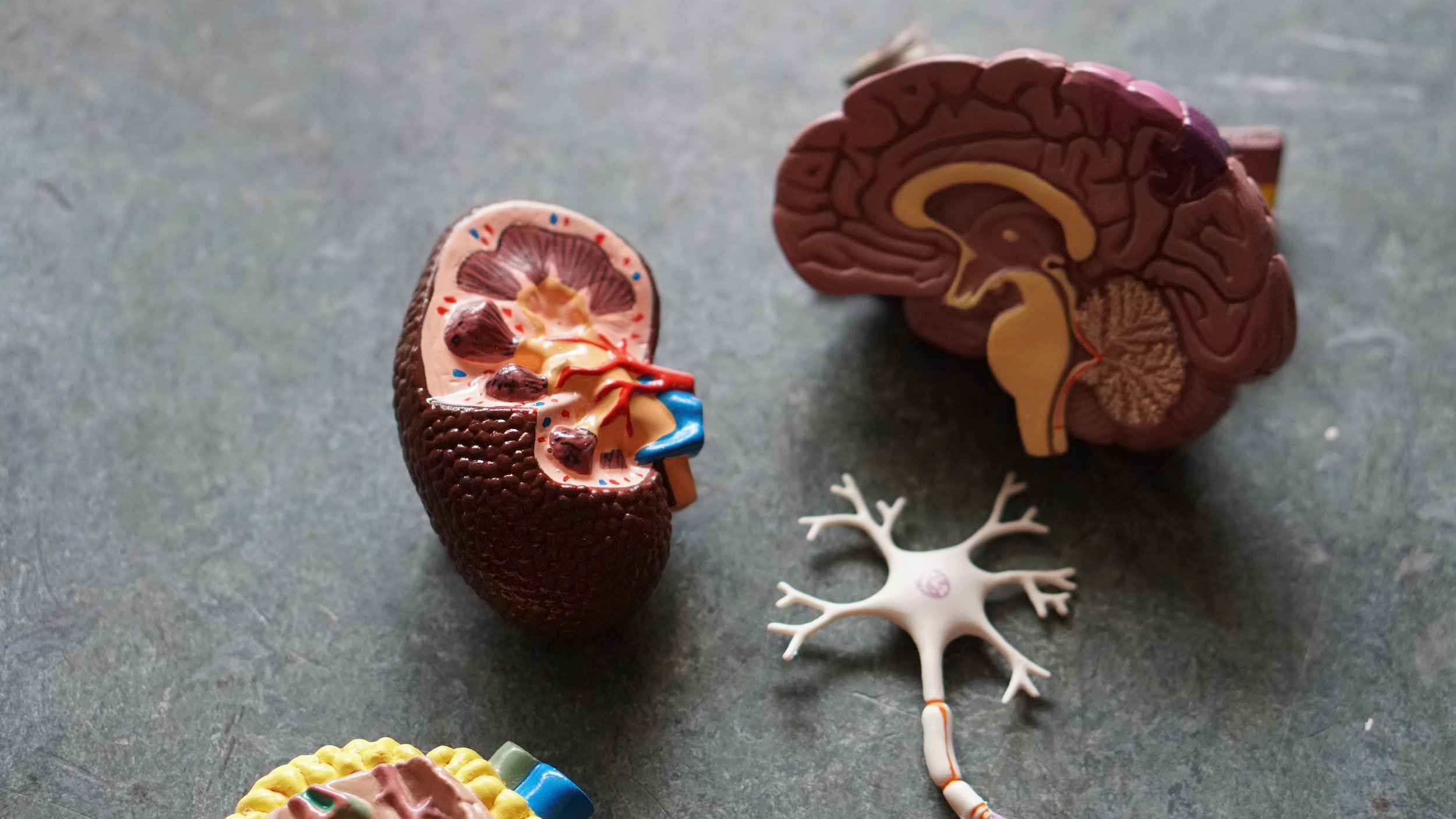
Letermovir versus Valganciclovir for Prevention of Human Cytomegalovirus disease in Kidney Transplant Recipients
Principal Investigators: Abhijit (Ajit) Limaye, MD and Cynthia Fisher, MD MPH
Study Design: Phase III, Randomized, Double-Blind, Active Comparator-Controlled Study
Sponsor: Merck Sharp & Dohme LLC
ClinicalTrials.gov ID : NCT03443869
Cytomegalovirus (CMV) is a major cause of morbidity and mortality in transplant recipients and other immunosuppressed populations. This study aims to evaluate the efficacy and safety of Letermovir (LET) versus Valganciclovir (VGCV) in the prevention of CMV disease in adult kidney transplant recipients with no exposure to CMV, who received a kidney transplant from a donor with exposure to CMV.
Background and Rationale
Although effective at preventing CMV infection, Valganciclovir (VCGV) and its IV counterpart Ganciclovir (GCV) are anti- CMV agents that can lead to significant side effects - one such concerning side effect for transplant patients is myelosuppression-low blood cell production, which can further inhibit the body's ability to fight opportunistic infections. In addition, drug resistance to Valganciclovir and Ganciclovir has become more common due to widespread use for both prevention and treatment of CMV infections.
There is an unmet medical need for new agents which do not cause myelosuppression, are dosed independent of renal function, and are active against both wild-type and GCV-resistant CMV.
MK-8228 (also known as letermovir ; referred to as LET) belongs to a new class of anti-CMV agents.
This study will evaluate the efficacy and safety of LET versus VGCV administered as prevention of CMV disease in approximately 600 D+/R- adult kidney transplant recipients.
Study Design
This is a randomized, active-controlled, multi-site, double-blind (with in-house blinding) study to evaluate the efficacy and safety of LET versus VGCV in the prevention of CMV disease in adult kidney transplant recipients with a negative CMV IgG serostatus who received a kidney transplant from a donor with a positive CMV IgG serostatus (D+/R–).
Approximately 600 D+/R- kidney transplant recipients will be randomized in a 1:1 ratio to receive LET or VGCV within 7 days post-transplant
Primary Objectives
To evaluate the efficacy of letermovir (LET) versus valganciclovir (VGCV), as measured by the proportion of participants with adjudicated CMV disease through 52 weeks post-transplant.
Hypothesis (H1): LET is non-inferior to VGCV in the prevention of CMV disease through 52 weeks post-transplant.
Hypothesis (H2): LET is superior to VGCV in the prevention of CMV disease through 52 weeks post-transplant. Hypothesis testing will be performed only if non-inferiority is demonstrated.
Secondary Objectives
To evaluate the efficacy of LET versus VGCV, as measured by the proportion of participants with adjudicated CMV disease through 28 weeks post-transplant.
To evaluate the efficacy of LET versus VGCV, as measured by the time to onset of adjudicated CMV disease through 52 weeks post-transplant.
To evaluate the safety and tolerability of LET versus VGCV.
LET Arm
From Day 1 (day of randomization) through Week 28, participants in the LET treatment arm will receive:
LET 480 mg once daily (QD) given orally, or, if the participant is receiving concomitant cyclosporin A (CsA), LET 240 mg QD given orally.
Placebo to VGCV given orally.
Acyclovir* (ACV) 400 mg** given orally every 12 hours for prophylaxis against herpes simplex virus (HSV) and varicella zoster virus (VZV).
VGCV Arm
From Day 1 through Week 28, participants in the VGCV treatment arm will receive:
Placebo to LET given orally
VGCV 900 mg QD
Placebo to ACV given orally
After completion of study therapy at Week 28, participants will continue to be followed for efficacy, safety, and diagnosis of CMV disease, and complete all remaining visits through Week 52.
Status: This study completed enrollment in 2022 and is in its close out phase. See publication here.
Limaye AP, Budde K, Humar A, et al. Letermovir vs Valganciclovir for Prophylaxis of Cytomegalovirus in High-Risk Kidney Transplant Recipients: A Randomized Clinical Trial. JAMA. Published online June 06, 2023. doi:10.1001/jama.2023.9106

